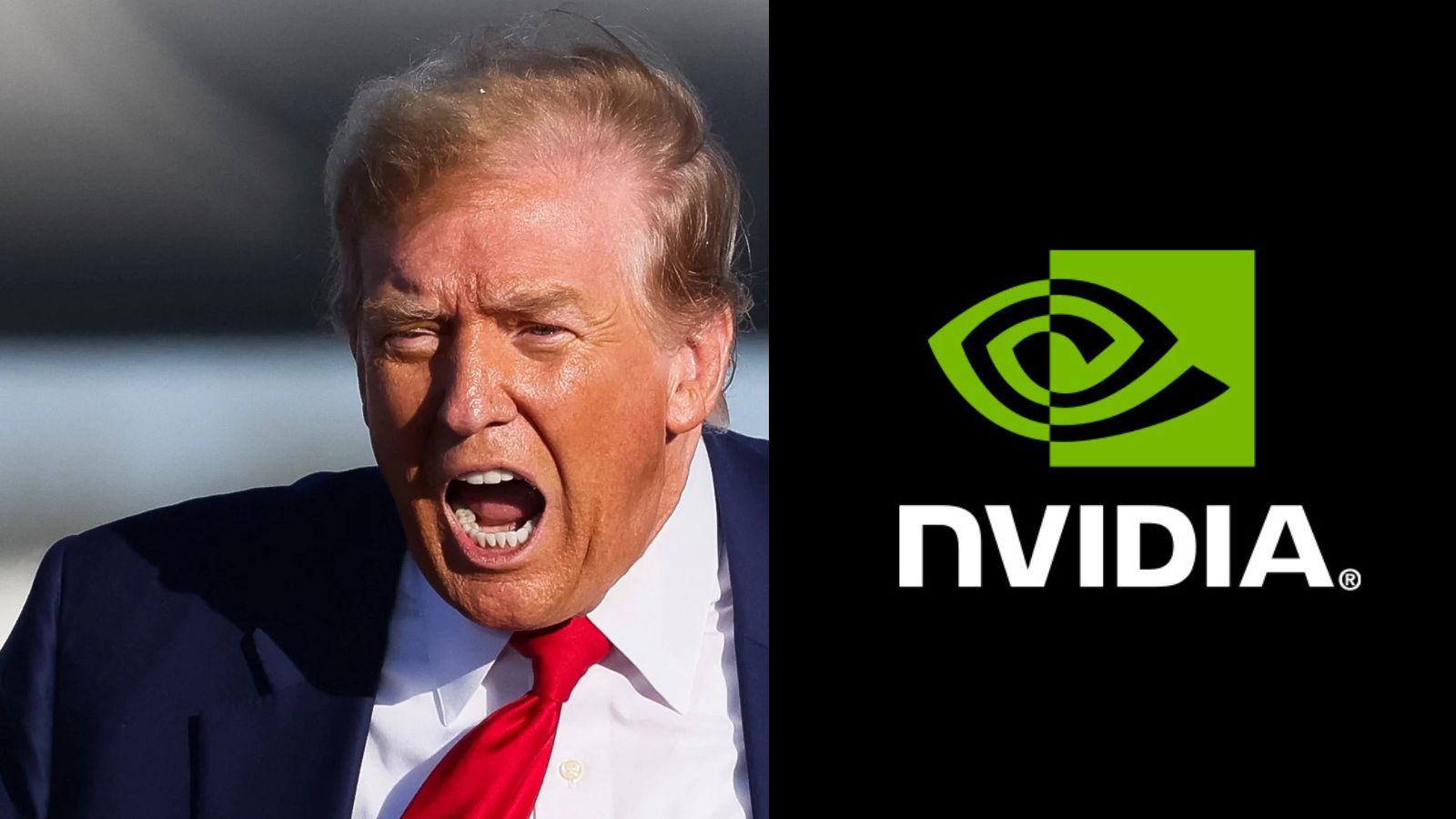Internet slang terms including "skibidi", "tradwife" and "delulu" have been added to the Cambridge Dictionary alongside more than 6,000 other new words this year. The additions reflect how social media and digital culture continue to reshape the English language.
Remote working trends introduced terms like "mouse jiggler", while climate change concerns brought "forever chemical" into official recognition. The world's largest online dictionary tracks language evolution through viral internet content and changing work patterns.
Viral internet culture drives new entries
The gibberish word "skibidi" gained dictionary status after popularisation through a viral YouTube animated series called "skibidi toilet". Cambridge Dictionary defines it as "a word that can have different meanings such as 'cool' or 'bad', or can be used with no real meaning as a joke", with the usage example: "What the skibidi are you doing?"
The term reached mainstream attention when Kim Kardashian posted an Instagram video in October showing a necklace her daughter had given her as a birthday present, engraved with "skibidi toilet". This celebrity endorsement highlighted how internet culture penetrates traditional media boundaries.
Social media shapes modern terminology
"Tradwife", short for traditional wife, describes "a married woman who stays at home doing cooking, cleaning, and has children that she takes care of, especially one who posts on social media". The term gained popularity through digital platforms promoting traditional gender roles.
"Delulu" represents a playful abbreviation of "delusional", defined as "believing things that are not real or true, usually because you choose to". The shortened form demonstrates how social media creates linguistic shortcuts for complex concepts.
"Internet culture is changing the English language and the effect is fascinating to observe and capture in the dictionary," said Colin McIntosh, lexical programme manager at Cambridge Dictionary. "It's not every day you get to see words like 'skibidi' and 'delulu' make their way into the Cambridge Dictionary."
Selection criteria and staying power
Cambridge Dictionary maintains strict selection criteria for new entries. "We only add words where we think they'll have staying power," McIntosh explained, emphasising the institution's commitment to tracking lasting linguistic changes.
The dictionary uses the Cambridge English Corpus, a database of more than two billion words of written and spoken English, to observe how new words are used by different people. This system tracks how often and in what contexts terms appear before granting official recognition.
Workplace and technology influence
The pandemic's remote working legacy contributed "mouse jiggler" to the dictionary - a device or software used to simulate computer activity when not actually working. This reflects evolving workplace dynamics and technology's role in employment practices.
"Broligarchy" merged "bro" and "oligarchy" to describe "a small group of men, especially men owning or involved in a technology business, who are extremely rich and powerful, and who have or want political influence". The term gained prominence describing tech leaders Jeff Bezos, Elon Musk and Mark Zuckerberg attending Donald Trump's inauguration in January.
New workplace relationship terms "work wife" and "work spouse" acknowledge professional partnerships where colleagues develop supportive, trust-based relationships. These additions demonstrate how changing work cultures create new vocabulary to describe evolving social dynamics.
Sources used: "PA Media" Note: This article has been edited with the help of Artificial Intelligence.







